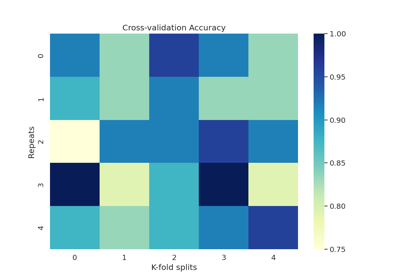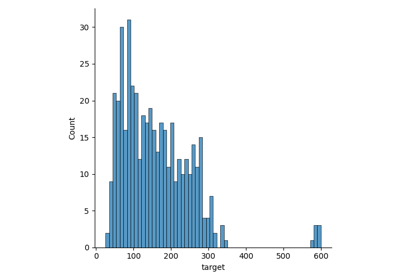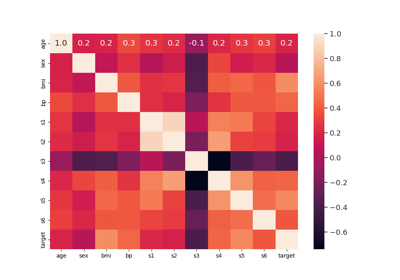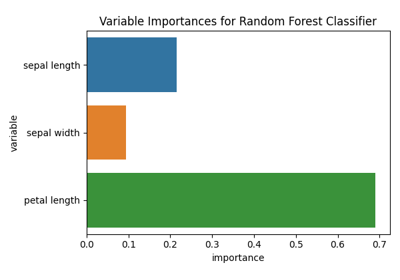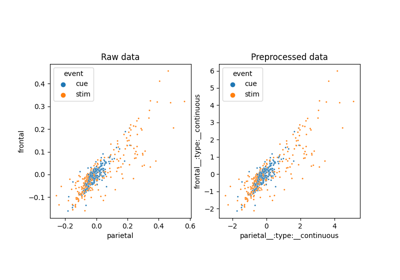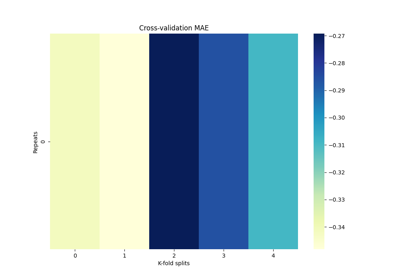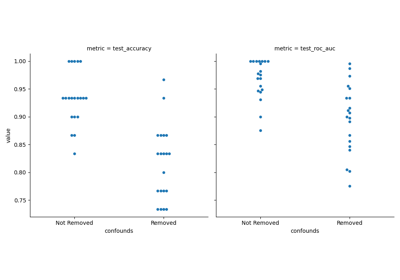Note
This page is a reference documentation. It only explains the function signature, and not how to use it. Please refer to the What you really need to know section for the big picture.
julearn.utils.configure_logging#
- julearn.utils.configure_logging(level='WARNING', fname=None, overwrite=None, output_format=None)#
Configure the logging functionality.
- Parameters:
- levelint or {“DEBUG”, “INFO”, “WARNING”, “ERROR”}
The level of the messages to print. If string, it will be interpreted as elements of logging (default “WARNING”).
- fnamestr or pathlib.Path, optional
Filename of the log to print to. If None, stdout is used (default None).
- overwritebool, optional
Overwrite the log file (if it exists). Otherwise, statements will be appended to the log (default). None is the same as False, but additionally raises a warning to notify the user that log entries will be appended (default None).
- output_formatstr, optional
Format of the output messages. See the following for examples: https://docs.python.org/dev/howto/logging.html e.g.,
"%(asctime)s - %(levelname)s - %(message)s". If None, default string format is used (default"%(asctime)s - %(name)s - %(levelname)s - %(message)s").
Examples using julearn.utils.configure_logging#
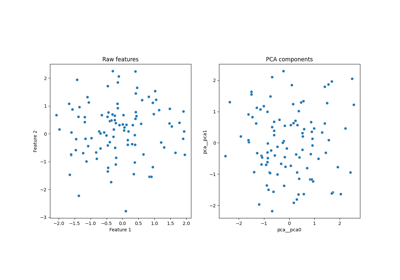
Preprocessing with variance threshold, zscore and PCA


